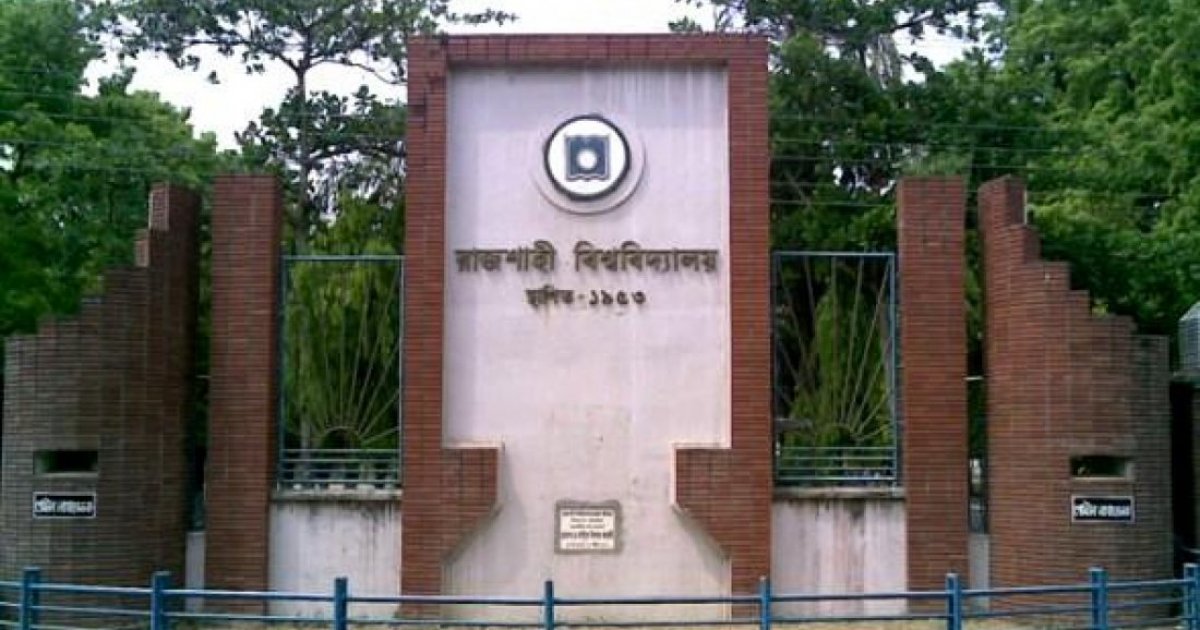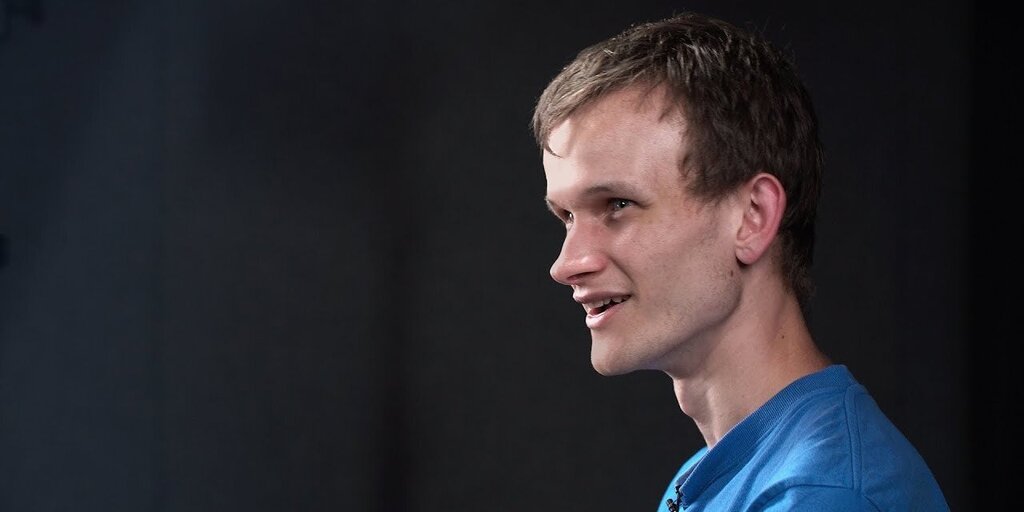AI Advances Spark Controversy Over Attempts to ‘Resurrect’ Deceased Relatives
The post AI Advances Spark Controversy Over Attempts to ‘Resurrect’ Deceased Relatives appeared on BitcoinEthereumNews.com. The latest developments in artificial intelligence have led to an intriguing yet controversial phenomenon as some individuals explore the prospect of bringing deceased loved ones back to life through advanced technology. Pioneers in this field, including renowned inventor and futurist Ray Kurzweil, have embarked on ambitious projects utilizing AI in an attempt to recreate their lost relatives. Kurzweil’s ‘Dad Bot’ project and aspirations for resurrection Ray Kurzweil, known for his accurate predictions in the realm of technology, has garnered attention for his ongoing efforts to recreate his late father using artificial intelligence. Utilizing his father’s letters, essays, and musical compositions as input data, Kurzweil created a ‘replicant’ of his father more than a decade ago. The system dubbed the ‘Dad Bot’ has exhibited the capability to engage in conversations, revealing insights into his father’s perspectives on life and his passion for gardening. Kurzweil has expressed his belief in the eventual widespread availability of similar technologies, enabling individuals to maintain communication with their departed loved ones. His ambitious vision includes leveraging nanotechnology and DNA extracted from his father’s buried remains for a more comprehensive recreation of his father’s essence. These plans are set to evolve further, potentially leading to a physical resurrection following the anticipated ‘Singularity’—a future point, according to Kurzweil, when human brains will be directly linked with machines, projected to occur by 2045. Joshua Barbeau’s AI-driven virtual interaction In a parallel development, Joshua Barbeau, inspired by Kurzweil’s work, created an AI version of his deceased fiancé, Jessica, utilizing an early version of OpenAI’s GPT-3. Barbeau’s interactions with the digital ‘Jessica’ facilitated online conversations reminiscent of their romantic relationship, drawing mixed reactions from observers. While Barbeau found solace in the digital reconnection, other family members expressed reservations and declined to engage with the AI-driven rendition of their departed loved one.…

The post AI Advances Spark Controversy Over Attempts to ‘Resurrect’ Deceased Relatives appeared on BitcoinEthereumNews.com.
The latest developments in artificial intelligence have led to an intriguing yet controversial phenomenon as some individuals explore the prospect of bringing deceased loved ones back to life through advanced technology. Pioneers in this field, including renowned inventor and futurist Ray Kurzweil, have embarked on ambitious projects utilizing AI in an attempt to recreate their lost relatives. Kurzweil’s ‘Dad Bot’ project and aspirations for resurrection Ray Kurzweil, known for his accurate predictions in the realm of technology, has garnered attention for his ongoing efforts to recreate his late father using artificial intelligence. Utilizing his father’s letters, essays, and musical compositions as input data, Kurzweil created a ‘replicant’ of his father more than a decade ago. The system dubbed the ‘Dad Bot’ has exhibited the capability to engage in conversations, revealing insights into his father’s perspectives on life and his passion for gardening. Kurzweil has expressed his belief in the eventual widespread availability of similar technologies, enabling individuals to maintain communication with their departed loved ones. His ambitious vision includes leveraging nanotechnology and DNA extracted from his father’s buried remains for a more comprehensive recreation of his father’s essence. These plans are set to evolve further, potentially leading to a physical resurrection following the anticipated ‘Singularity’—a future point, according to Kurzweil, when human brains will be directly linked with machines, projected to occur by 2045. Joshua Barbeau’s AI-driven virtual interaction In a parallel development, Joshua Barbeau, inspired by Kurzweil’s work, created an AI version of his deceased fiancé, Jessica, utilizing an early version of OpenAI’s GPT-3. Barbeau’s interactions with the digital ‘Jessica’ facilitated online conversations reminiscent of their romantic relationship, drawing mixed reactions from observers. While Barbeau found solace in the digital reconnection, other family members expressed reservations and declined to engage with the AI-driven rendition of their departed loved one.…
What's Your Reaction?





































